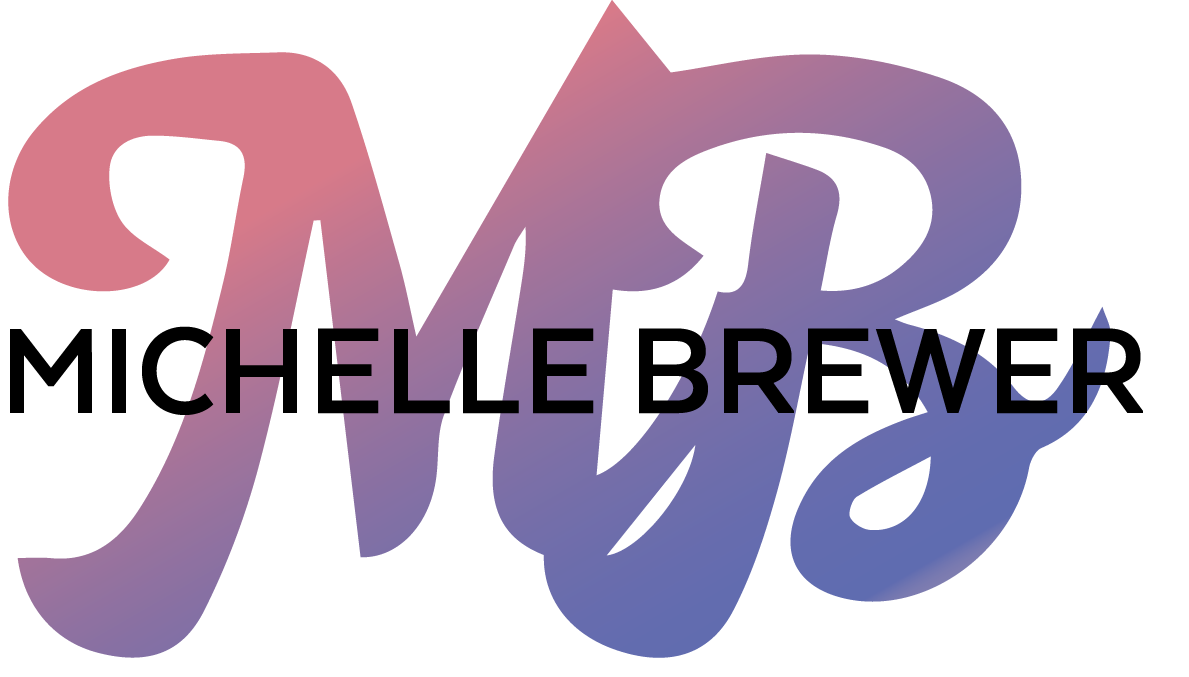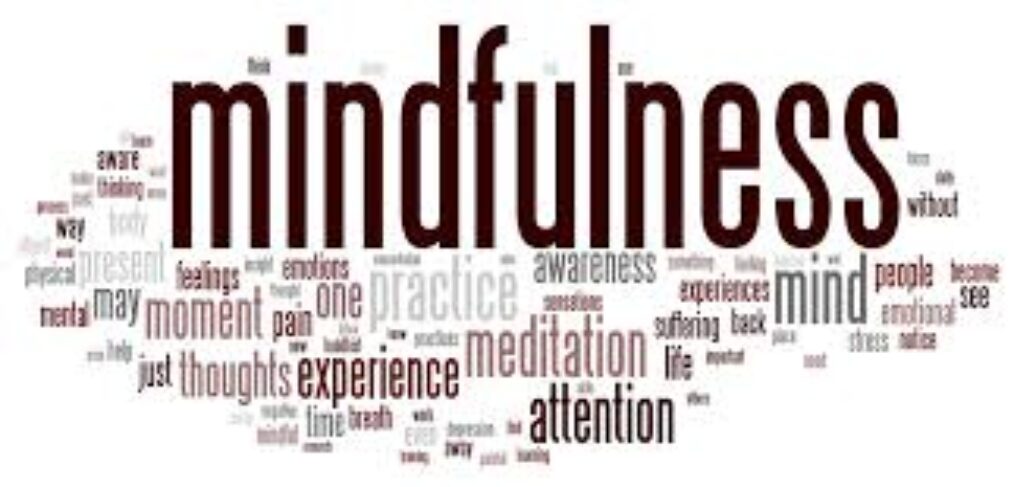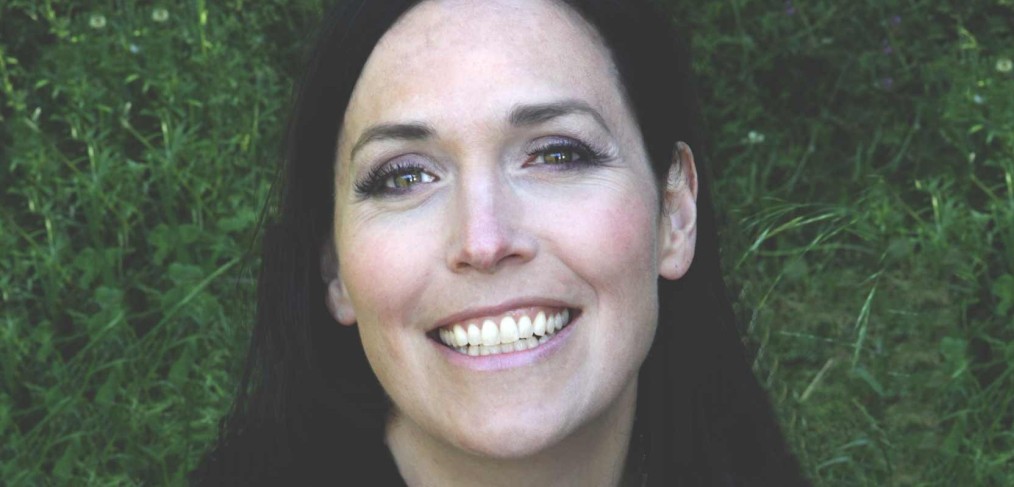I was grateful to be the keynote speaker at the Soroptimist International Club of Edmonton. In case you cannot follow the audio in the video, I have provided the transcript below:
Hello. Happy International Women’s Day! I welcome all the women who are here, and all the men supporting all the women who are here. It’s great to have everyone. Can you hear me alright?
(No!)
Happy Women’s Day. Happy International Women’s Day! So thank you so much to everyone for being here. We are here today on International Women’s Day, in my opinion, because there is still work left to do; equality still hasn’t been achieved. We come together every year to commemorate this and to see what we can do to change the world.
(applause)
The theme this year is women in history, women making history and, for me, women not making history. I say this because I am a philosopher. Occupational hazard is I look at this in generalities and ask big questions: What can we do so that women can make more history? To my mind, making history means great achievements in the public realm: social, economic and political as opposed to our historical limitation to the private realm. The realm of childbearing, child rearing and while you’re there housekeeping.
To have more women making history we need to have more women taking a place in the public realm. This is precisely what the Soroptimists do. We’ve already heard today that they try to help women in a social economic way, especially through education. And this is fantastic and this necessary work. But my question is, and I think there is a deeper question going on, is why with so many more opportunities today, why is it that some women don’t take the opportunities that are there for them? And that is the question I want to talk about.
As I see it, part of the answer is that it is something that is, is that it is something in their heads. I know that doesn’t sound quite right yet. So bear with me. I think you’ll be with me by the end of it.





